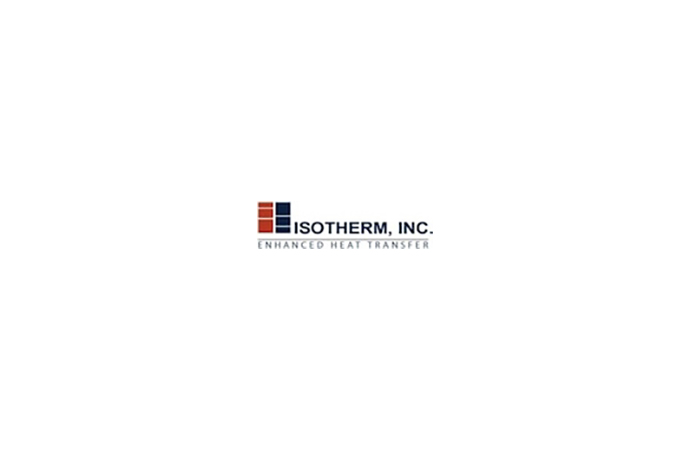At the 10th Gustav Lorentzen Conference on Natural Refrigerants ammonia21.com spoke to Stefan S. Jensen, Australian Refrigeration Association Secretary and Managing Director of Scantec, an Australian industry leader in the design and delivery of industrial refrigeration and freezing systems about the impact of the Australian HFC levy. The tax will most likely accelerate the move towards natural refrigerants, but more training, designed specifically for the Australian market is needed.

ammonia21.com: How do you see the situation for natural refrigerants generally evolving in Australia?
Stefan: The hydrofluorocarbon levy comes into effect as of 1 July 2012. It has already had an impact as some people have been acting in anticipation of what it is going to do to the industry. And once the levy becomes a reality the transition will most likely accelerate towards natural refrigerants.
ammonia21.com: Do you see one natural refrigerant gaining a larger market share than another? We know that hydrocarbons have gained significant market share in the mobile air conditioning sector, but what about CO2 or ammonia?
Stefan: I think CO2 in subcritical systems will continue to gain market share. Because of our hot climate, transcritical systems will be struggling a bit due to less energy efficiency than in colder climates. Maybe one possible solution to that problem is evaporative condensers for CO2, so that even in the Queensland climate, which is subtropical, pressures will be able to remain under the critical point for probably 100% of the time.
ammonia21.com: Do you think there are enough trained technicians to accompany this growth in the natural refrigerant market?
Stefan: This is possibly the biggest problem. People like myself we belong to a dying breed as fewer and fewer new people are coming into the industry. I refer to people who have expertise in the plant design. At the technician level, there is some training going on based on practical training in contracting firms. There is, however, not much practical training going on in technical colleges. There is material being prepared and I have been part of that effort, with a training organisation called EE-Oz, training a large number of technicians in different areas. As far as natural refrigerant training is concerned we have a big job to do. We need to import material and we need to import trainers who can train the trainers. I have been talking to a number of people here about doing this under our new Australian Refrigeration Association.
ammonia21.com: What other lessons, apart from training, can you learn from Europe?
Stefan: I am from Denmark, so this is the obvious one to pick. Denmark has been through all this before. I was present in 1996 when Denmark decided to ban HFCs 10 years from that date. The high HFC levy we are going to have now in Australia will have a very similar effect to the Danish regulations. The difference between Denmark and Australia is that Denmark came from a completely different starting point. So, if we want to introduce the training programs that have been successful in other countries to Australia, they need to become “Australianised”. Otherwise they will not be successful.
ammonia21.com: We just heard a presentation at Gustav Lorentzen about the Danish HFC-free Centre and how they offer 5 hours of free consulting to end-users to adopt more sustainable technology options. Is there anything similar in Australia?
Stefan: This is one of the proposals I brought forward to the ARA board: that members should be offered that service, and that the funding for this consulting work should come from the government. Part of the legislation that went through the senate last November is a 10 billion dollar fund over 7 years, and part of it has been earmarked for such activities. There are other possibilities for funding, but more on a project level through an organisation called “Low Carbon Australia” that offers soft loans and through the Clean Technology Investment Program (CTIP) which funds part of the project cost.
ammonia21.com: Are there any other countries you are looking at as a reference?
Stefan: We have engineering trainees from Germany and again from Denmark for apprenticeship exchange programs. Apart from these two countries there is not anything concrete, but it is quite possible we will have more apprenticeship exchanges with other countries in the future.
ammonia21.com: How was the Australian Refrigeration Association (ARA) launch received? What impact did it have?
Stefan: Minimal, I would say. It was launched before the HFC levy became a reality. I suspect that post July 1 there could be the onset of a panic, as then suddenly within the first few months prices for HFC refrigerants will rise. I would think that more than 90% of the industry, technicians and engineers, are not even aware that it will happen. They will only find out when the first gas bill arrives. ARA has made it clear to the Australian government that we support this move, whereas most other refrigeration associations oppose the HFC levy.
ammonia21.com: AIRAH, the Australian Institute of Refrigeration, Airconditioning and Heating, is saying the tax is too dramatic a step. What is your response?
Stefan: We disagree with them. I have said since the Gustav Lorentzen conference in 2010 in Sydney that Australia is ready for a ban in 10 years, meaning a ban in 2020. Australia is ready to copy Denmark, provided the industry is given enough notice that the ban will become a reality. Now that the levy will be in place this is a notice that a ban will most likely be a reality.
ammonia21.com: Do you see Australia going further than Denmark did and introducing a ban?
Stefan: A ban is inevitable but it won’t be because of an Australian government initiative but because of a worldwide initiative to work towards a ban by 2020. There is no common position of Australia regarding a phase-out or phase-down approach. You can read between the lines that whatever Australia has done by introducing the HFC levy, they are not going out on a limb because they are seeing that other countries have started doing similar things.
ammonia21.com: What impact is the Australian move going to have on the other countries?
Stefan: New Zealand is definitely closely monitoring the situation and a similar move could happen there, too.
ammonia21.com: How do you rate the overall awareness regarding natural refrigerants in Australia?
Stefan: The statistics are quite staggering. We have around 160,000 to 165,000 employees in refrigeration and air-conditioning. We have about 15,000 to 16,000 companies involved in these sectors. AIRAH is the largest association and they have around 2500 to 2700 members. That puts it into perspective. Out of these 2500 members I would think it is less than 2% at engineering level who have a good fundamental grasp of designing natural refrigerant systems.
The Greens who pushed this legislation through the parliament had a clear idea in mind of what is going on in Europe and other parts of the world in terms of pushing out HFCs. They may have forgotten that Australia comes from a completely different starting point as compared to other countries. So it looks easy on the surface, but because of the skills shortage we really have to get up to speed very quickly.
ammonia21.com: Stefan, many thanks for your insights!
ammonia21.com: Stefan, many thanks for your insights!
MORE INFORMATION
Related stories

_1475587414.png)

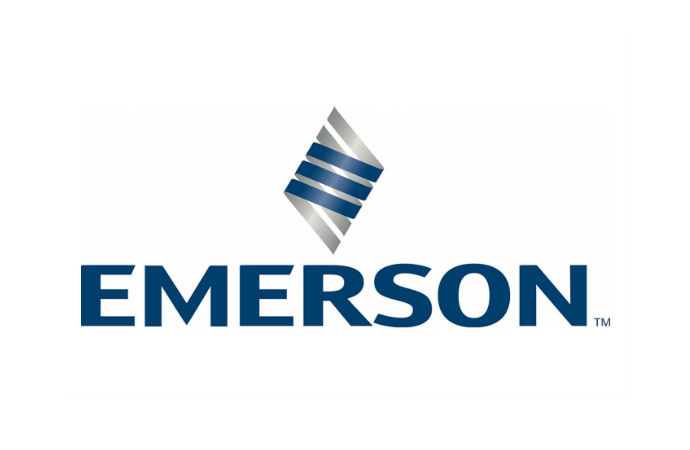
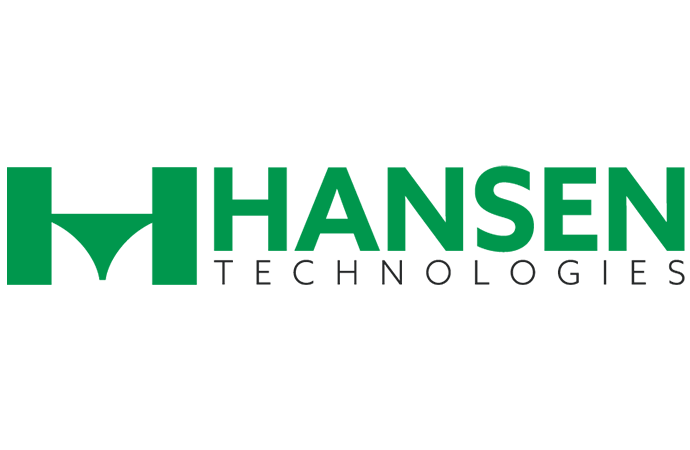
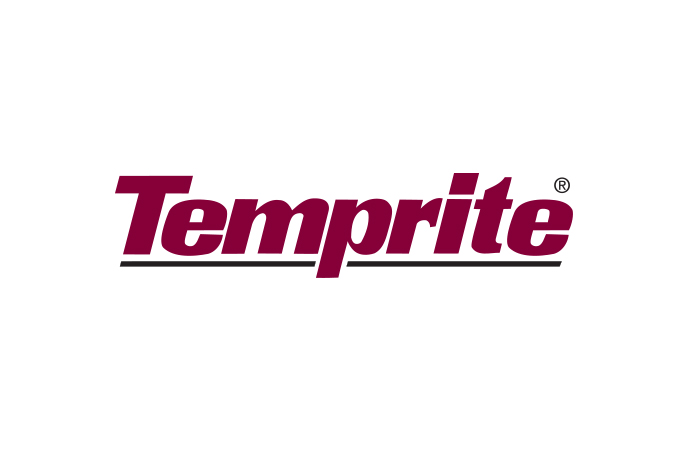
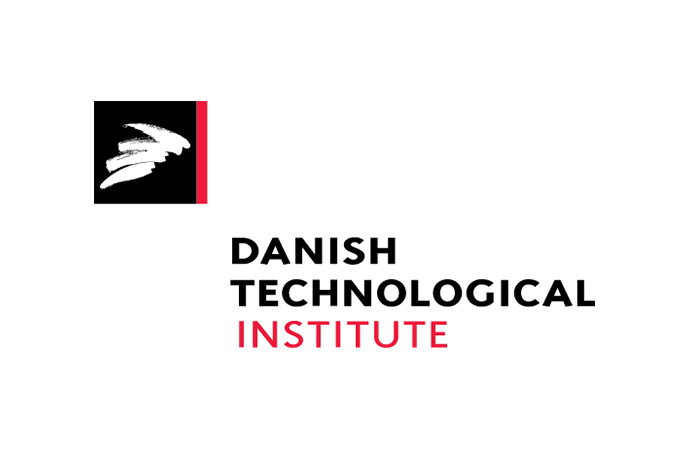



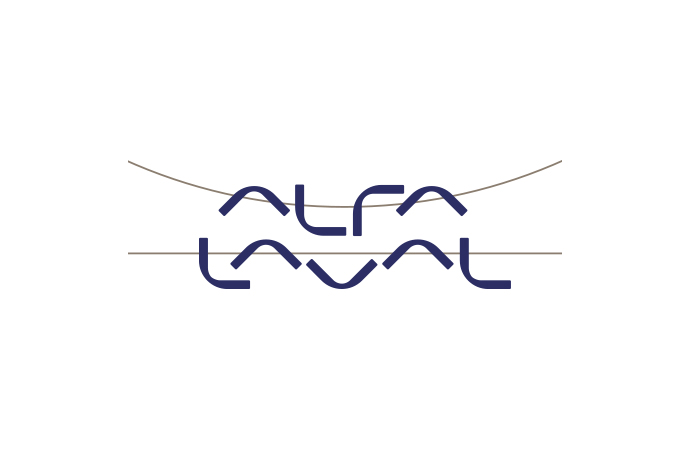
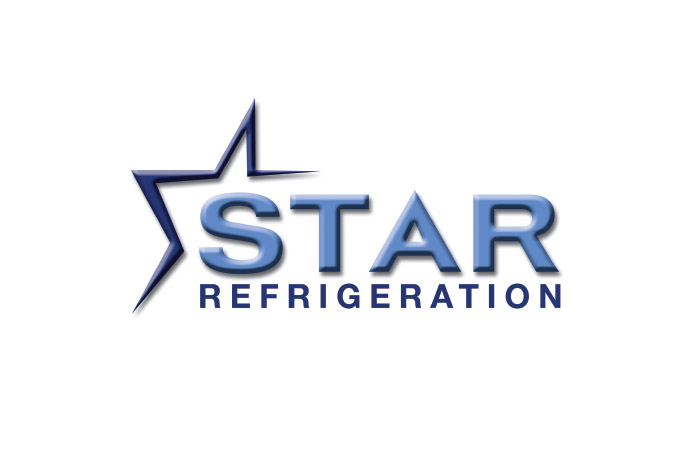
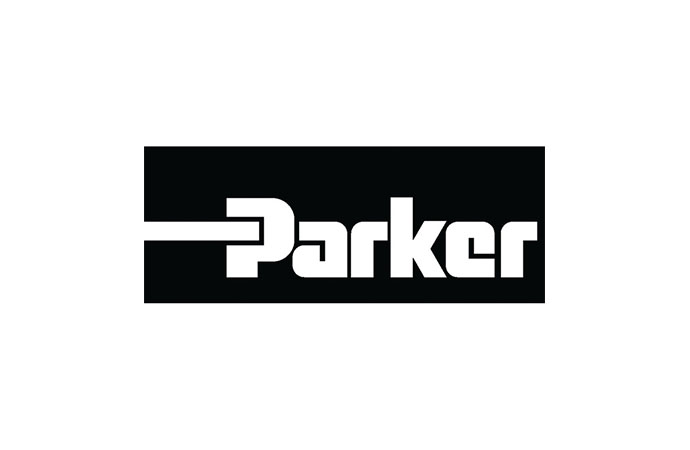
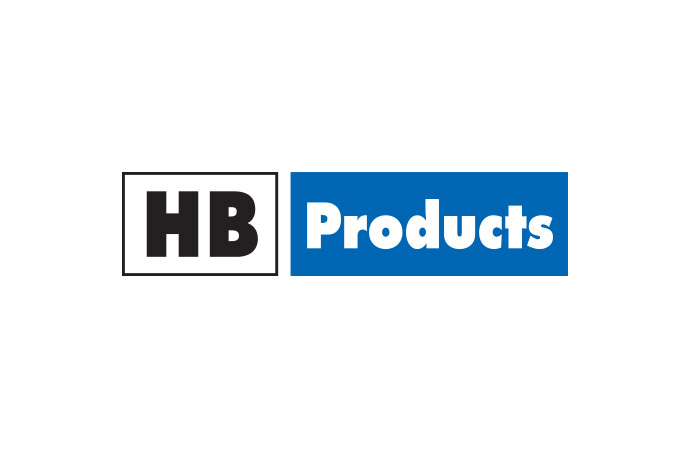

_1522327086.png)

